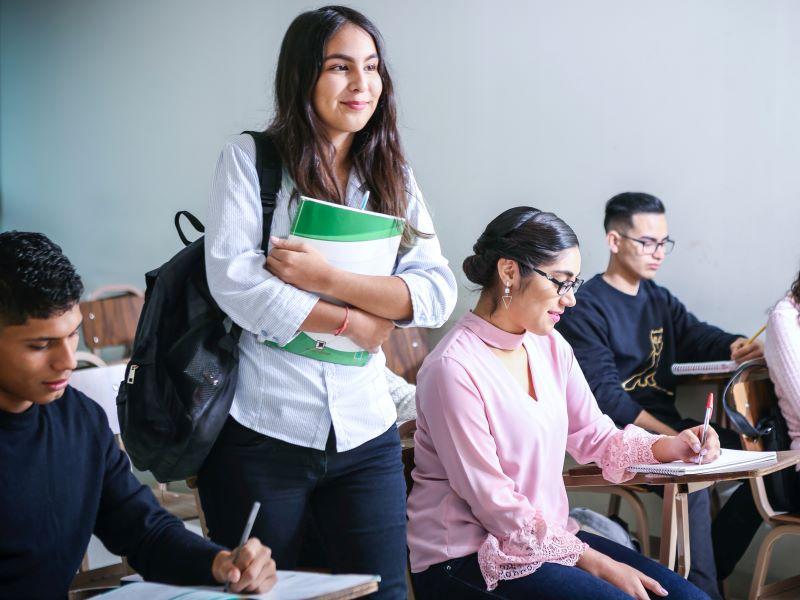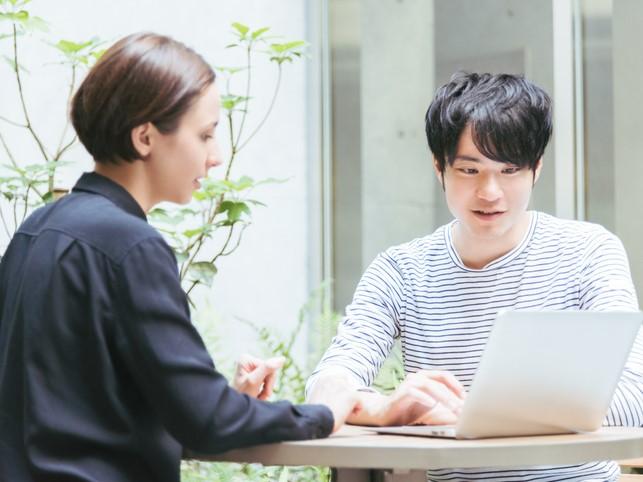Assuring the quality of transnational education (TNE) has become a growing issue within the university sector in the UK and abroad. The challenges include geographic, cultural and institutional differences when it comes to optimising student experience and establishing effective higher education (HE) partnerships. Seeking to embed a strong communities of practice approach to transnational education, we have developed a professional development series (PDS).
Given that those working in HE are typically time-poor, we needed a simple approach to both running and participating in our programme. We decided on 12 hour-long sessions focusing on learning and teaching, qualitative and quantitative research skills, embedding employability within the curriculum and working successfully within partnership educational arrangements.
- Resource collection: The business of online education
- Innovative approaches to transnational education
- Use Etherpad to improve engagement in large transnational classes
Drawing on our experiences, we share 11 steps for engaging partnership educators. These are aimed at colleagues globally working with educators on the front line of TNE partnerships.
1. Establish a support team of educators at the host institution
Draw on the expertise of colleagues from your own institution who can support relevant sessions. This can be framed as a professional development opportunity; participants can use the experience to apply for senior or principal fellowship of Advance HE. Our PDS involved a team of five educators who delivered around two sessions each.
2. Identify front-line educators at your partnership institution
Explain that the project involves delivering sessions and participation will build valuable skills and a community of practice.
3. Identify educator needs and knowledge gaps
Use a survey or email to establish what kinds of educational development provision will be useful to your front-line partnership educators. This should strike a balance between prompts (“Would a focused session on supervising dissertation students be useful?”) and more open-ended questions.
4. Define the scope and focus of the educational development sessions
Use partnership colleague feedback, internal discussion and your experience to develop your session schedule. Our PDS programme covered sessions focused on education (for example, “Evaluating the quality of learning and teaching”, “Supporting learners who are struggling with their studies”), research (such as “Understanding research ethics”, “Exploring quantitative research”), graduation plans (“Embedding employability in HE curricula”) and partnership work (“Working successfully in partnerships”).
5. Clarify the best times for sessions to maximise attendance
Facilitating sessions that cross geographic and time zones clearly brings challenges, so work with TNE partners to identify one or two weekdays (and times) when teachers are available to attend. Consider session regularity; our PDS sessions ran twice a month, but your sessions might work best weekly, bi-monthly or less regularly.
6. Maintain a consistent branded promotional approach
Ensure that promotional messaging for your programme is consistent across all elements (including pre-session activities and meeting hyperlinks) and communicates its coherence. In messages, always thank relevant educators on all sides for their time and contributions to the educational development series.
7. Use CPD sessions to model effective learning and teaching practices
Educational development sessions for partnership educators can also be a chance to share best practice, develop communication channels and build communities of practice. Sessions provide an opportunity for the host institution to demonstrate key pedagogic principles of good teaching and learning that partnership educators can use in their own practice. Align each session with Advance HE’s professional standards framework, so those attending can use this as evidence of engaging in continuous professional development.
8. Host session-related educational resources online
Your platform that houses online resources should ideally be open and accessible. We used Padlet as a dedicated collaborative online platform to host session slides, session recordings, session-based activities and additional resources such as articles, and learning and teaching resources.
9. Ask for session evaluations as you go along
Each of our sessions included a form to generate quantitative and qualitative feedback. Session attendees were prompted to complete these at the end of each session.
10. Record, reflect and use the experience to improve the educational development programme
Keep partnership in mind when you come to validate your host institution teacher qualification, recognition and accreditation, so that it’s a strategic whole-institution approach to developing partners, too. View the educational development initiative as a step in a longer pedagogic journey. As the creator, reflect on how future educational development initiatives could work. Doing this with the PDS has led to generating ideas to “scale up”, reconfigure and build on the ambitions for our programme’s next iteration.
11. Co-construct future sessions with partnership educators and learners
Part of building successful communities of practice involves a shared domain, community and practice. We have increasingly explored possibilities for co-constructing session materials and co-facilitating sessions with partnership educators.
Our practical guidance here is to explore possibilities with partners far in advance of sessions and assume that time and discussion will be required to overcome potential obstacles. We also suggest that initial co-facilitated sessions focus on relatively straightforward topic areas (such as assessment feedback) so that both sides of the partnership can readily draw on recent experiences to contribute understanding and insights and learn from each other.
Dom Conroy is a principal lecturer for collaborative partnerships in the School of Social Sciences and Professions, and Santanu Vasant is head of educational development and digital education, both at London Metropolitan University.
If you would like advice and insight from academics and university staff delivered direct to your inbox each week, sign up for the Campus newsletter.




comment